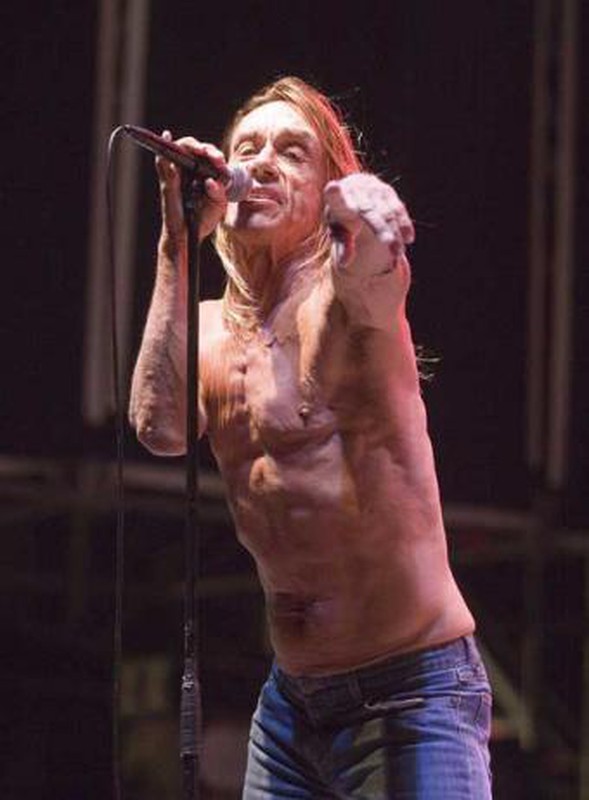AFTER-PUNK
Post punk or after punk is a musical genre David_Bowie39 that was formed in the late 1970s as a reaction to the initial "explosion" of punk rock.
By Sandra

During the first wave of the Punk movement, bands such as the Sex Pistols, The Clash, The Ramones, and The Jam began to challenge the styles and conventions of rock music of that time by using basic chords and progressions and placing a greater emphasis on speed and attitude. Later some bands began to experiment with more challenging structures and a more introverted, complex and experimental artistic approach than classic punk rock and new wave.
Post-punk set the stage for alternative rock by expanding the idea of what punk and underground music could do and incorporating elements of krautrock, Jamaican dub music, American funk, and studio experimentation into punk rock, such as it is exemplified in David Bowie's time in Berlin with "Low", "Heroes" and "Lodger" and with the Iggi pop albums "The Idiot" and "Lust For Life". It also incorporates elements of progressive rock), achieving a dark, strange and depressing characteristic. He found a place in the college rock scene of the 1980s and left a number of sub-genres.
Examples of major post-punk bands include Siouxsie & The Banshees, The Cure, Echo & the Bunnymen, Gang of Four, and Joy Division, which were renamed New Order upon the death of singer Ian Curtis. Bands like Crass, U2 and The Fall are also often considered part of the movement, like other bands that were formed from others of the time: Magazine, which was formed from the Buzzcocks, for example, or Public Image Ltd. of the Sex Pistols. A list of predecessors to the genre include Television, whose album Marquee Moon, though released in 1977 (when punk was in the making), is considered post-punk in style (however, bands like Television, Talking Heads, and Richard Hell and The Voidoids as punk bands). Other groups, such as The Clash and The Jam, remained bands of a punk nature but inspired and were inspired by elements of the post-punk movement.
The movement originally took place in England, although there were important scenes in many countries, many North American or non-European bands did not have as much international recognition (with exceptions such as the North American Père Ubu, Suicide, Hüsker Dü and Mission of Burma).
In the first half of the 1980s, new musical styles derived from punk began to take shape, and more specifically from post-punk, such as No Wave, but without a doubt the genre that has taken the most influences from this music has been gothic rock, which added the glam aesthetic with a darker tonality and, in some groups, the use of synthesizers as in the New Wave, to the post-punk formed in the late 70s and early 80s.





Receive our news